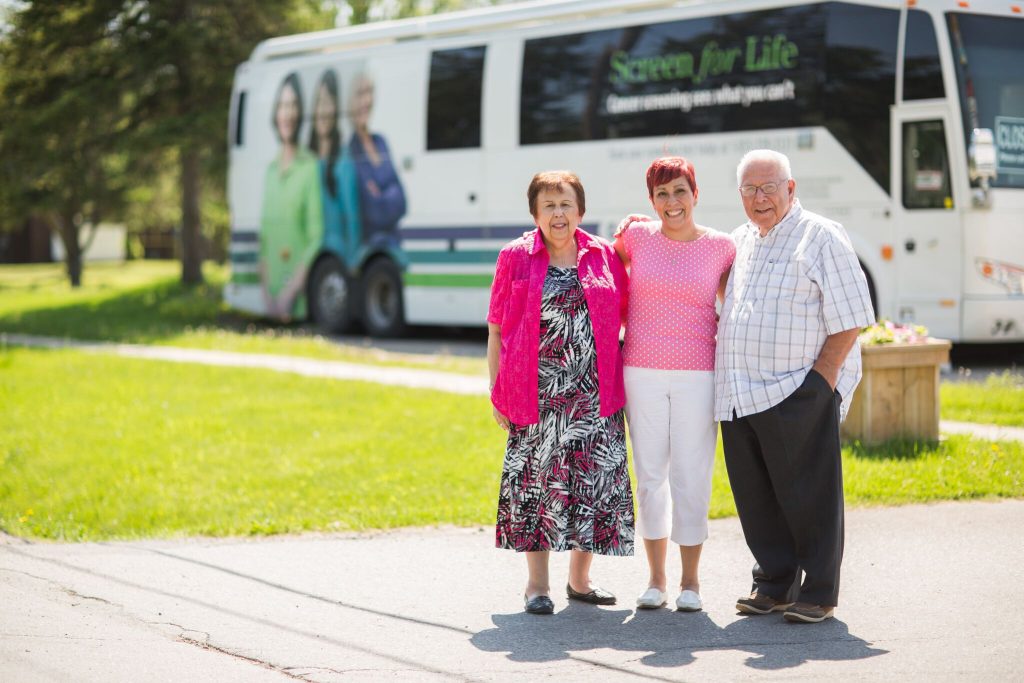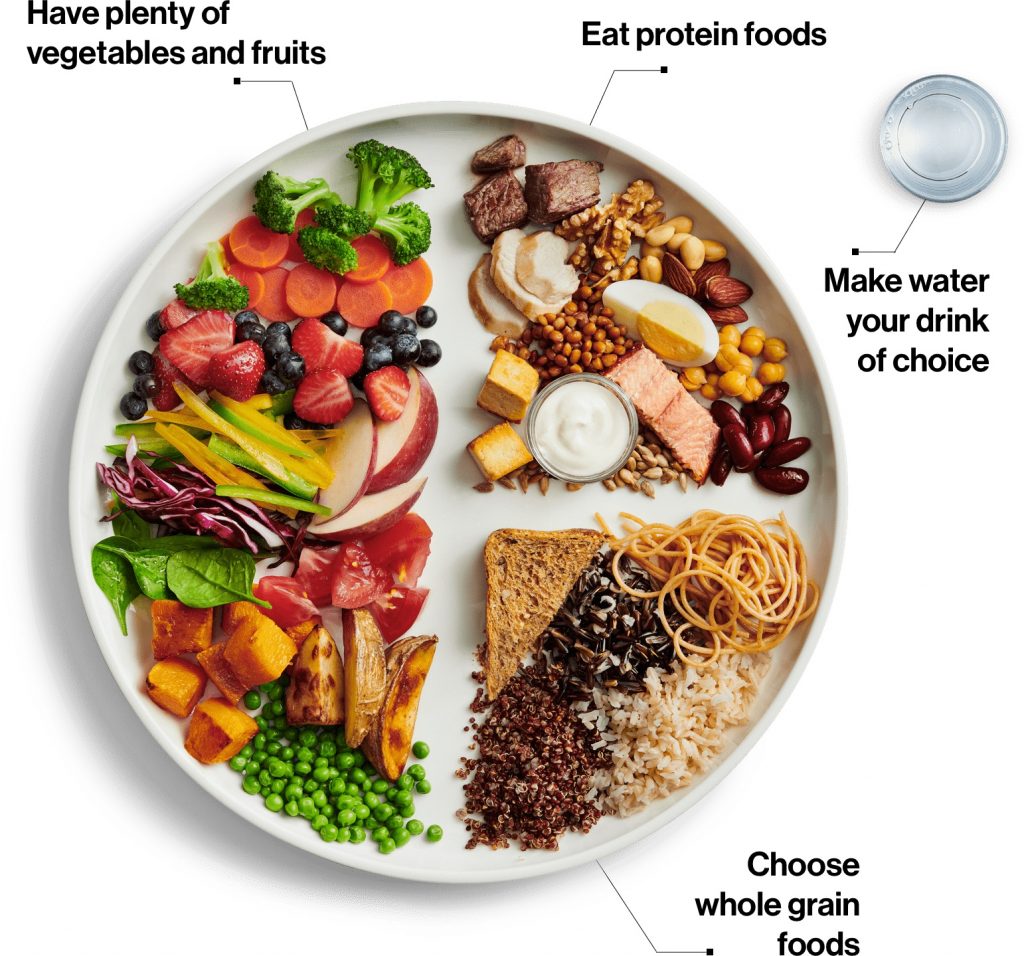
Five simple ways to reduce your cancer risk
Studies estimate that as many as half of all cancers in Ontario could be prevented by eliminating known risk factors like smoking, lack of exercise, and poor eating habits. Cancer screening is also an important part of prevention and early detection. Although not all cancers are preventable, there are ways to reduce your cancer risk. Here are five habits you can incorporate for a healthier lifestyle.
Cancer screening
The Province provides free cancer screening through the Ontario Breast Screening Program, Ontario Cervical Screening Program and ColonCancerCheck program to look for signs of breast, cervical, and colon cancers. Thousands of Ontario residents are alive and healthy today because they were able to either prevent cancer or find it early through screening.
The Ontario Breast Screening Program (OBSP) provides free mammograms for women ages 50 to 74 with no signs of breast cancer, every two years. Early detection through mammography can result in more treatment options. For a list of local OBSP locations, click here. You can book your own appointment or book through your healthcare provider.

Dr. Amy Montour and cancer screening coach.
The Ontario Cervical Screening Program (OCSP) recommends Pap tests for anyone with a cervix ages 21 to 69, every three years. Pap tests are free and are available through your healthcare provider. Most cervical cancers are found in people who are not screened regularly. However, cervical cancer is almost entirely preventable, but that means getting a Pap test.
ColonCancerCheck provides a free, take-home screening test every two years for anyone, ages 50 to 74, living in Ontario with no symptoms or family history of colon cancer. This test is available through your healthcare provider. Anyone without a healthcare provider can call Telehealth Ontario’s colon cancer screening line at 1-866-828-9213 for information on how to obtain a test. Colon cancer is highly treatable when caught early. In fact, nine out of every 10 people with this cancer can be cured, thanks largely to early detection.
If you have never been screened for cancer and/or don’t have a healthcare provider, you can access all three screening tests on the Mobile Cancer Screening Coach. Call 1-855-338-3131 to book your appointment. Drop-ins are also welcome on a first-come, first-served basis.
Cut back or quit smoking
Smoking is responsible for an estimated 30 per cent of all cancer deaths in Canada. It also causes about 85 per cent of lung cancer cases. The more you smoke and the longer you smoke, the greater your risk of developing lung and other cancers. Other cancers that pose a higher risk to smokers include cancers of the oral cavity and pharynx, nasal cavity esophagus, stomach, colon, liver, pancreas, larynx, cervix, ovary, kidney, bladder and bone marrow.
Your best chance for quitting successfully is through a combination of support and medication.

Consider sharing your goal with friends, family members and coworkers, as well as ways they may be able to assist. Community resources can be extremely helpful too. Smokers’ Helpline offers a free phone service and 24/7 online and text messaging support. Also, consider hamiltonquitssmoking.com.
Over-the-counter nicotine replacement therapy comes in many forms including patches, gum, lozenges, mouth spray and inhalers. In addition, there are prescribed medications that you can discuss with your healthcare provider.
Some tips to help you quit include:
- Identify triggers like drinking alcohol, coffee and smoking after meals and how best to avoid or replace them
- Manage cravings with the 4 Ds: deep breathing, drinking water slowly, distraction and delaying by reminding yourself that the craving will pass
- Use rewards as an incentive, such as saving the money not spent on tobacco to treat yourself to something special
Knowing your risk
Cancer Care Ontario (CCO) offers a free online risk assessment tool, MyCancerIQ.ca, to help people determine their risk for six types of cancer — breast, cervical, colorectal, lung, melanoma and kidney. Anyone can use this easy tool. It takes less than five minutes to complete.
If you’re not comfortable answering some of the questions, there’s a “why is this important?” link that explains the significance of each question. It’s important that you answer each question honestly. You’ll then receive a personalized risk assessment and action plan including information on how to reduce your risk. This assessment is meant to help with lifestyle changes, and is not intended to diagnose cancer.
Since risk can change over time, CCO suggests using this online tool every so often to see whether there has been a change.
Eating well
A diet full of fruit and vegetables may help your body fight many kinds of cancer. They can also help you maintain a healthy body weight, which may also lower your risk of developing some cancers. Health Canada has just issued its new Canada’s food guide with healthy eating recommendations.

Physical activity
Maintaining a healthy body weight through exercise can reduce the risk of developing certain cancers, including breast and colon cancer. Although it’s ideal to incorporate physical activity into each day, this doesn’t mean you need to go to the gym everyday for an intense workout. Daily activities like walking the dog, gardening and household chores help keep your body moving and contribute to your daily exercise. Check out the Public Health Agency of Canada’s tip sheets tip sheets for great ways to ensure physical activity is part of your daily routine.
